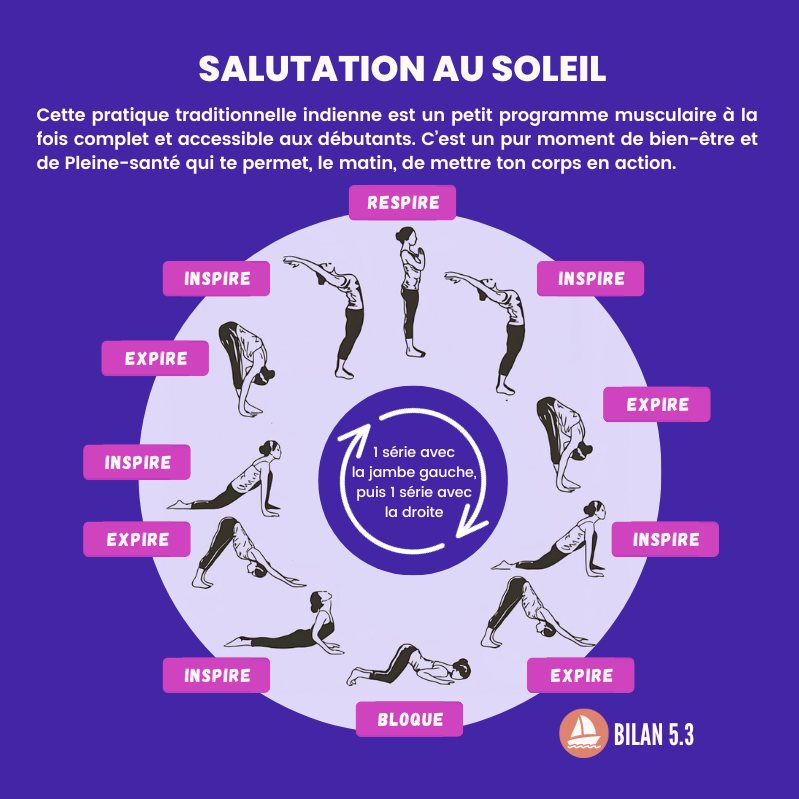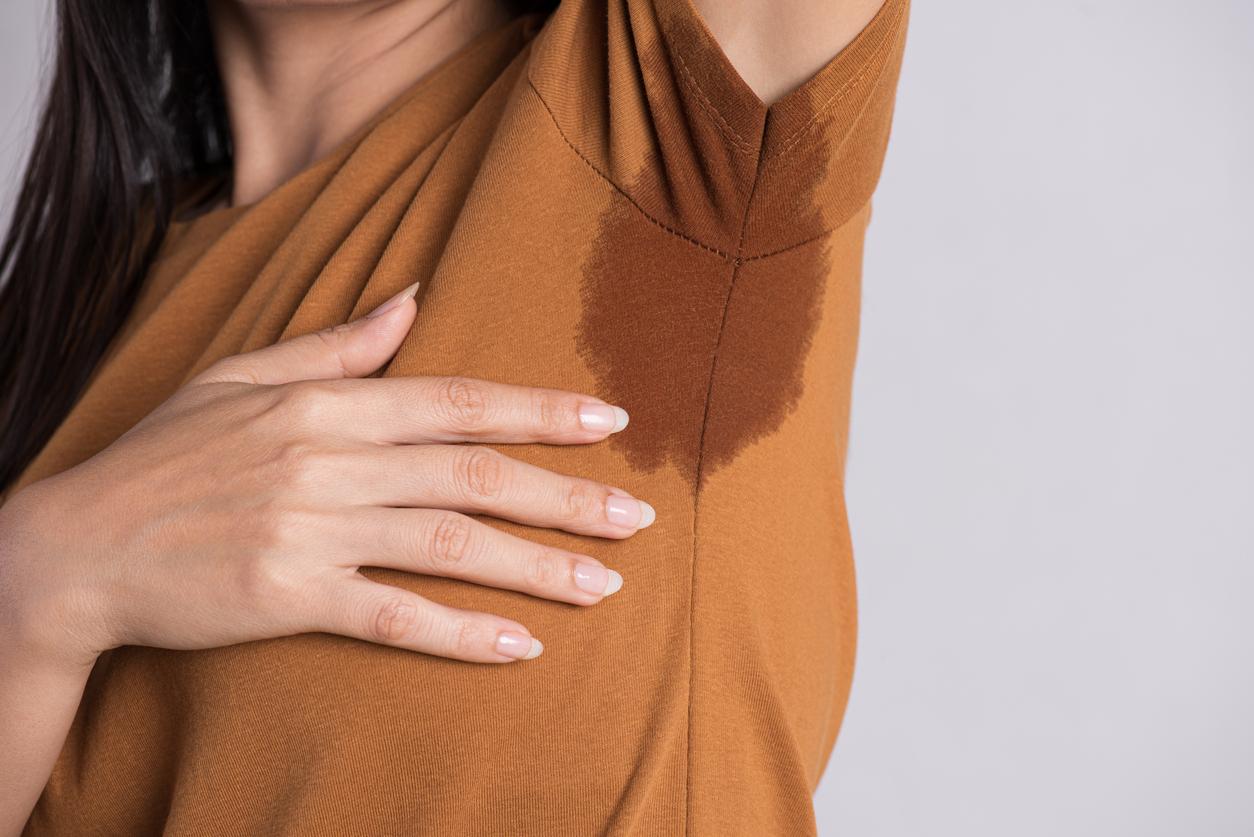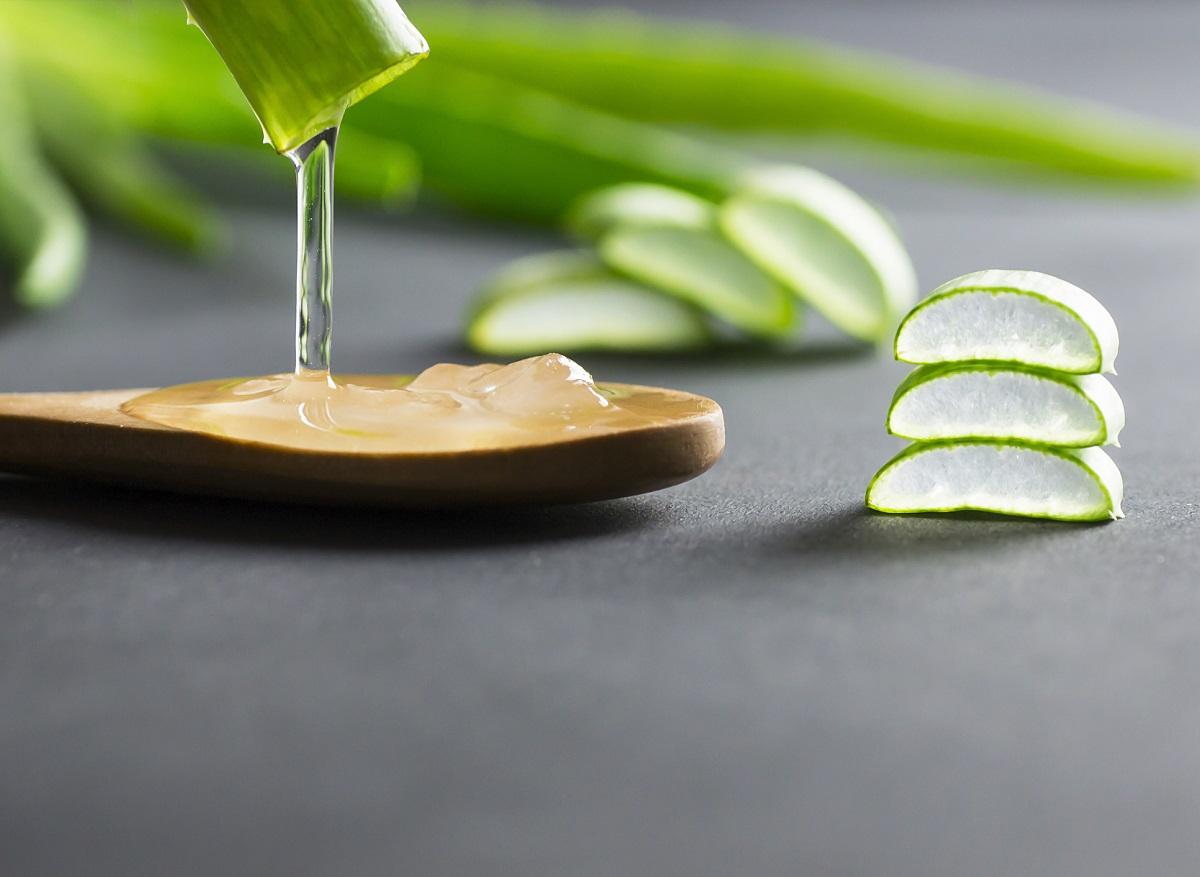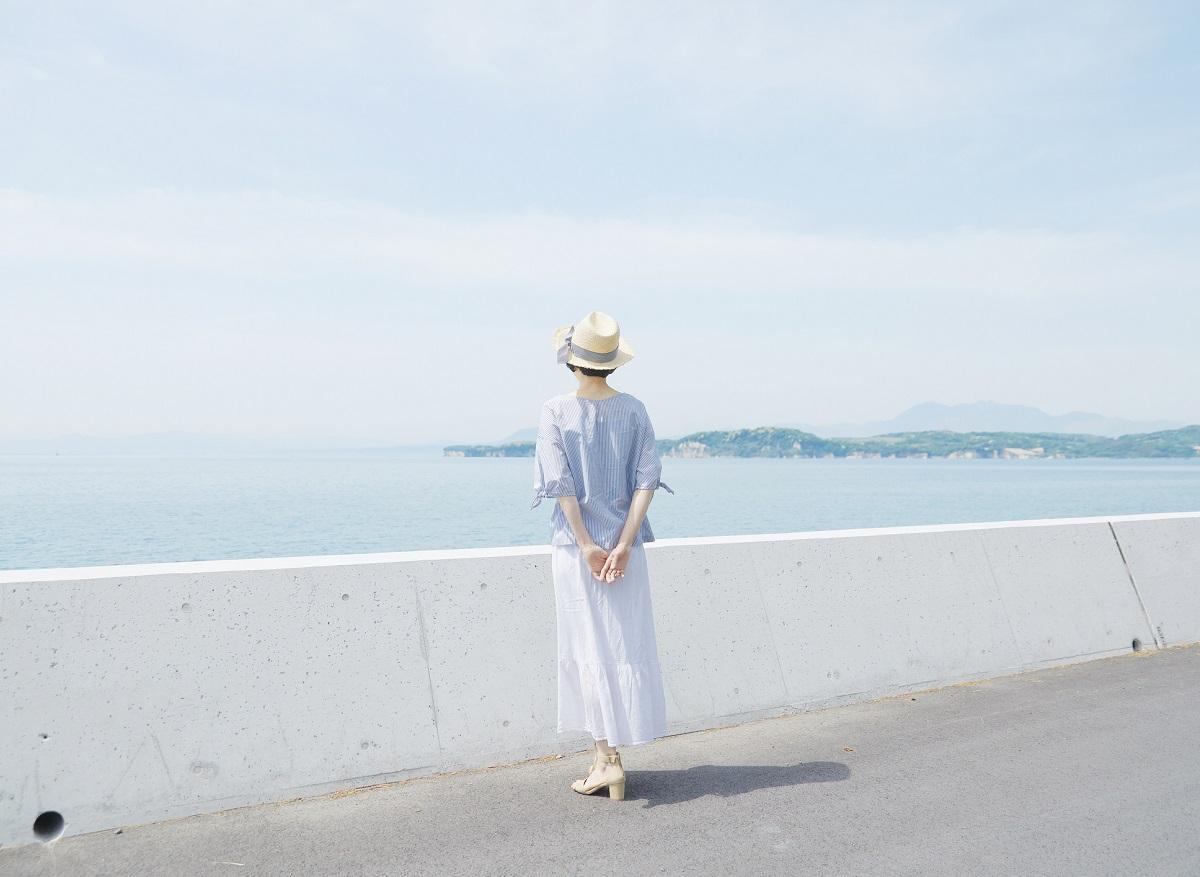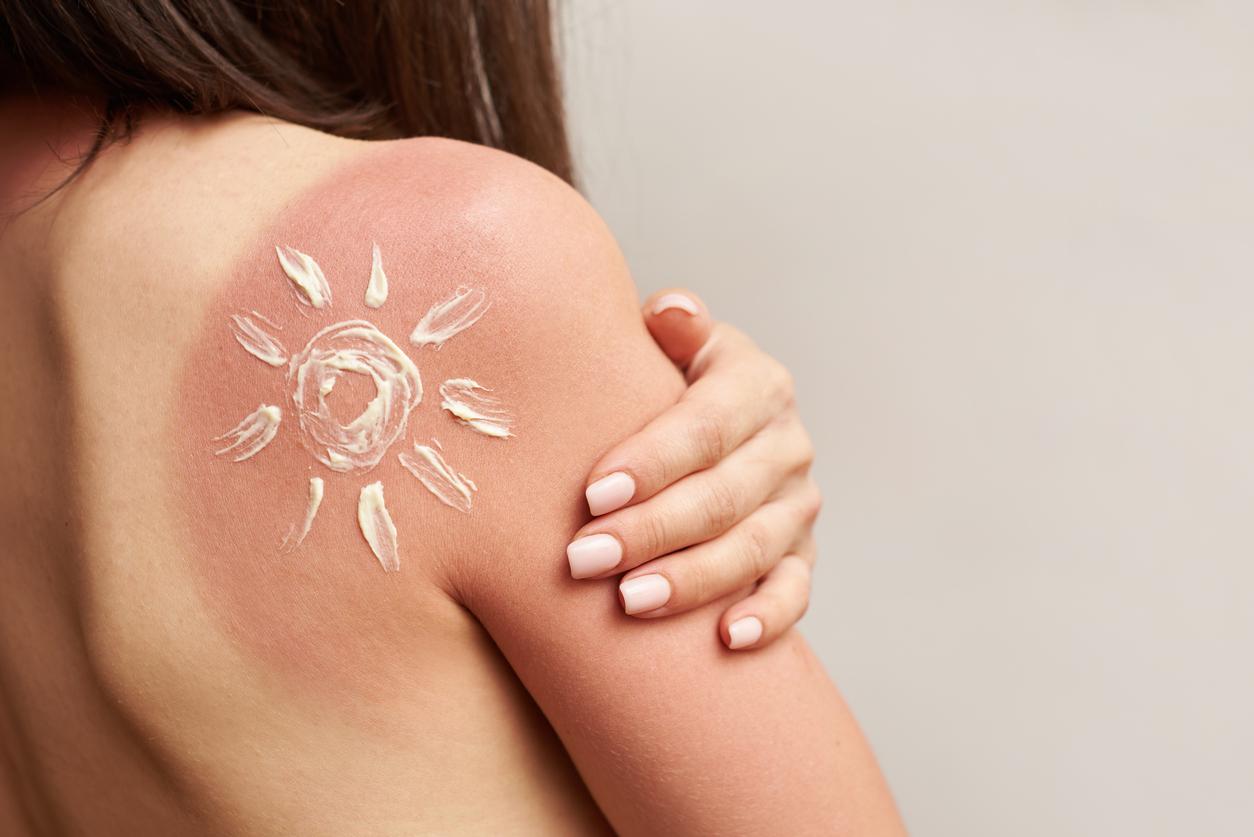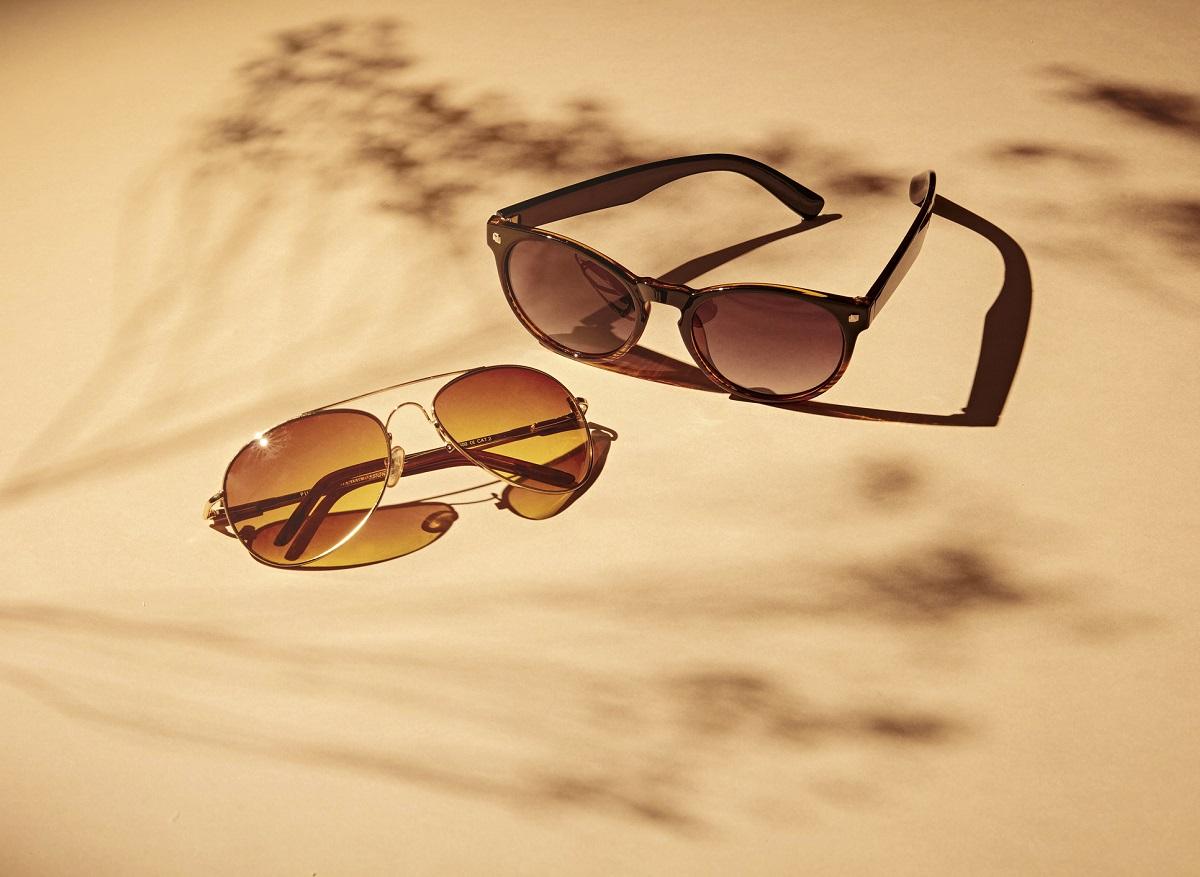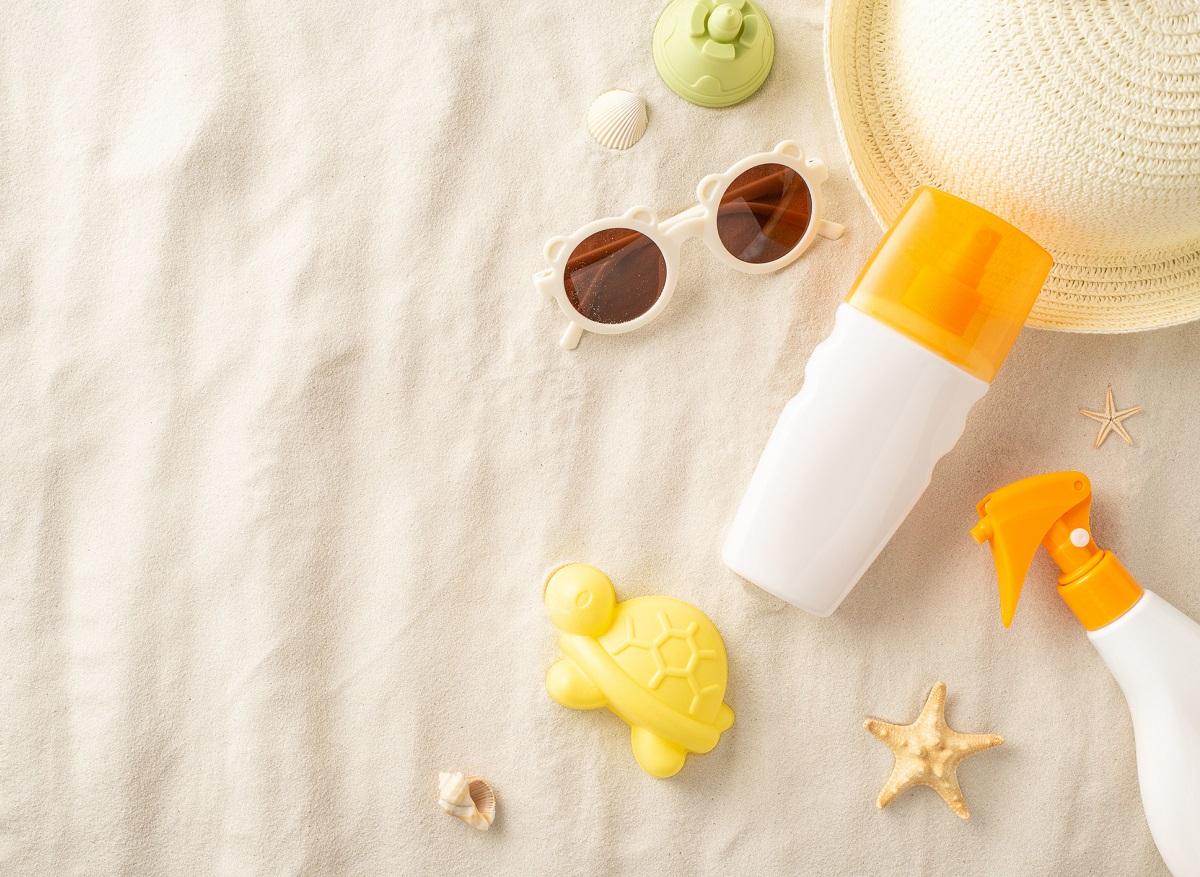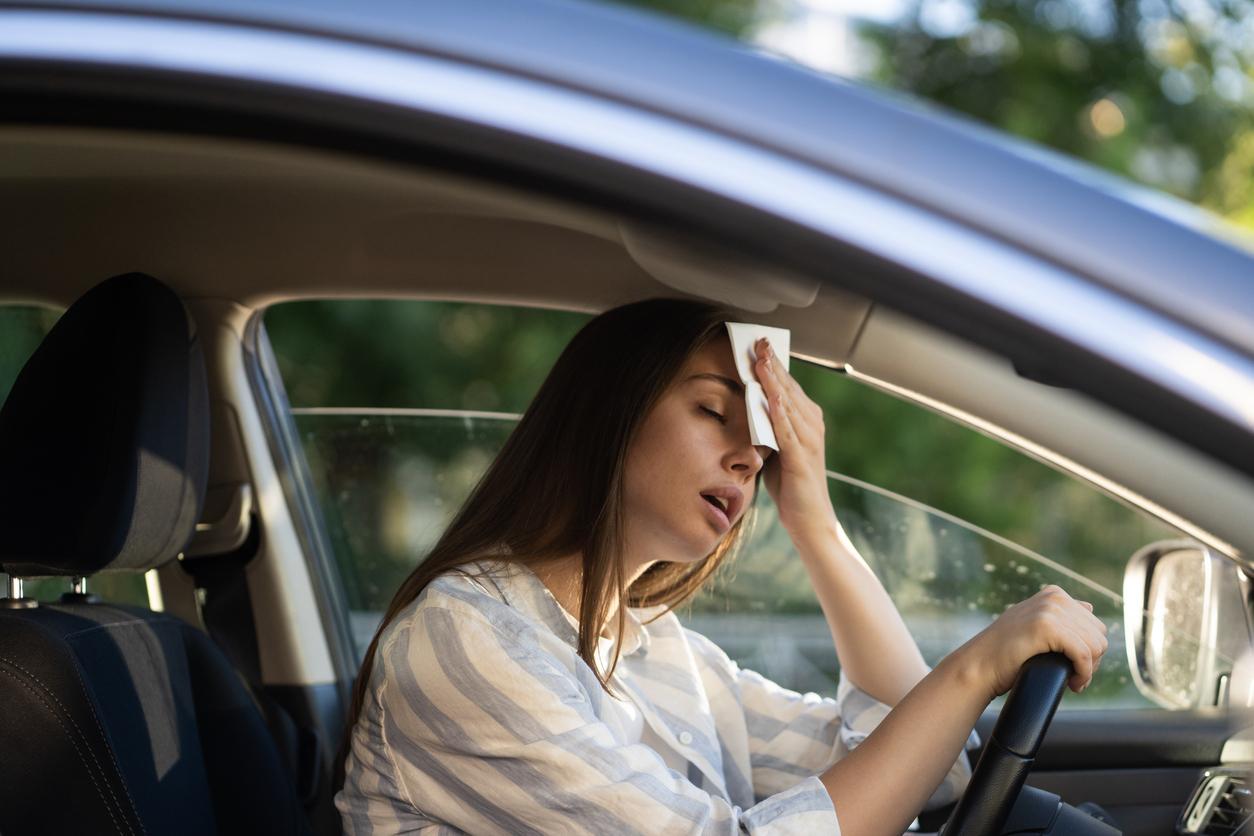With the fine weather and the state of health vigilance, many holidaymakers will have the reflex to take their hydroalcoholic gel with them. However, this is a false good idea.
-1594822806.jpg)
Thinking of taking your hydroalcoholic gel on vacation with you? This is strongly discouraged, although Covid-19 is still circulating in France and holidaymakers are still advised to wash their hands regularly to curb its spread. Some dermatologists believe that the dehydration of the skin, due to the use of alcohol present in the gel, coupled with UV rays from exposure to the sun can damage the epidermis.
A danger increased by a certain additive sometimes contained in certain hydroalcoholic gels. “He is composed of around 70% alcohol and many bottles also contain synthetic perfumes or essential oils, which have a photosensitizing effect: if you expose your hands smeared with a scented hydroalcoholic solution on the beach, you risk what is called charm dermatitis, a characteristic burn caused by the reaction of these substances on the skin with the sunExplain at 20 minutes Dr. Catherine Oliverès-Ghouti, dermatologist and member of the National Syndicate of Dermatologists-Venereologists (SNDV). Clearly, we first develop a burn, the skin is red and irritated, then the spot takes on a brown pigmentation which can last for years.
Replace the gel with other products
Despite this defect, alcohol is an excellent virucide if it makes up more than 60% of the product used. “[Il] attacks and destroys the coat protein found on the surface of some viruses, including coronaviruses. This protein is vital for the survival and multiplication of said viruses“says Dr. Manal Mohammed, professor of microbiology at the University of Westminster (United Kingdom) in the columns of The Conversation. However, there are substitutes for this component. “The alcohol is replaced by chemical compounds called quaternary ammoniums (usually benzalkonium chloride). These can reduce the amount of germs, but are less effective than alcohol”she says.
What remains is by far the most effective solution against the spread of the virus: washing your hands with soap and hot water. A friction of at least 20 seconds also makes it possible to evacuate the media potentially protecting the coronavirus. “[Après éternuement dans vos mains, elles] can then be soiled by mucus, but this protects the microbes and could limit the effect of the disinfectant”, recalls Dr. Mohammed. For addicts to nomadism, dermatologist Catherine Oliverès-Ghouti has her solution: “At the beach, all you have to do is take a small bottle with you containing liquid soap for the hands, the one you use when you come home from work or when you leave the toilet, and you wash them with clear water at the terminals. of water found on all beaches.” However, the best protection remains to avoid contact, because even during the summer, barrier gestures should not take vacations.
.







